The blockade of the country by the United States, Europe, Saudi Arabia and the UAE causes more than 21 million people to need urgent help and one child dies every 10 minutes, 144 per day.
Since 2015, Yemen has been declared a civil war. And this war, silenced by the Western world, has made the country the largest humanitarian emergency in the world.
Some data:
- More than 21 million people (83% of the population) need urgent humanitarian assistance.
- 3 million and a half of internally displaced persons.
- 475.000 children who suffer from acute malnutrition
- More than 60.000 victims, between dead and injured
- More than 5.000 dead or injured children
- Over half a million pregnant women are at severe risk of dying because of lack of food or complications during childbirth due to their precarious health situation.
Before the war, Yemen was already the poorest country in the Middle East and depended on 90% of external products and humanitarian aid to survive. Now, with the blockade that the country suffers from Saudi Arabia, the United States, Great Britain, France and the UAE, the situation has become a catastrophe.
According to the president and co-founder of the NGO 'Solidarios sin Fronteras', Eva Erill, "21 million Yemeni, of the 26 who have Yemen, need today help to eat and access water or medicines."
This Catalan NGO is the only one in Spain that works exclusively on the ground in Yemen and is the only one who, in exceptional circumstances, has been able to enter the country despite the blockade of humanitarian aid suffered by the territory.
Data coming from Yemen are terrible: more than 60,000 dead and injured and many of them children (2542 dead children and more than 2300 wounded). "Yemen has made a retreat in time, and the degree of malnutrition of many children has not lived in the country for more than 10 years," says Erill.
According to the latest UNICEF report, 1 child dies in Yemen every 10 minutes, 144 per day, for diseases that can be prevented and treated like cholera, pertussis, diarrhea, acute dehydration ... Many others suffer amputations and serious injuries of various types for anti-person mines, unexploded pumps ...
There are 3 million and a half displaced people (and the number increases every day), many of them living in refugee camps that proliferate throughout the country without services of any kind.
Ports, airports, telecommunications towers, roads, bridges, schools, hospitals, universities, gas stations, water facilities, power stations, warehouses, factories, shopping malls, farms are bombarded ... everything is worth in this war.
The coalition of Arab countries backed by the United States and several European countries has launched bombs for weddings, burials, markets ... "And some of the greatest massacres have been systematically ignored by the world, which has not been dedicated beyond a few seconds of attention ", emphasizes the same leader of the NGO.
Food and drinking water are scarce (water must be extracted by ground drilling and there is no fuel for it) or prices have skyrocketed (the price of wheat and rice has risen 44%, 180% of gasoline, some products even increased their price by 200%).
Medications are not enough for thousands of injured people (more than 40,000 cancer patients do not have access to treatment), more than 3,000 schools have been closed and many have been bombed. "We speak of the biggest cholera epidemic in history and the greatest famine in the century in more than 100 years. This country before the war was already very poor and there was no middle class. Now, the richest countries are killing one of the poorest countries in the world, "said Erill. All this implies that, for example, the number of children without schooling has increased by 1 million before the conflict, plus 4 million.
Food aid project
The blockade suffered by the country prevents humanitarian aid shipments. That is why this small NGO, born in 2013 at the root of the conflict and on the part of three volunteers, Faten, Noelia and Eva himself, sends money to Fatem so that she is in charge of buying and distributing food boxes to families that They live in the street or in abandoned schools, displaced families, refugee camps or in places where famine is raging.
"They have previously visited the place where we will perform each cast, and draws up the list of the most needy families. Later, he coordinates the purchase of food boxes and, with the help of some trusted collaborators, he distributes the help, "explains Erill. Add: "All food distributions are documented with photographs where families are seen with the food boxes they receive. We have fed more than 20,000 people to Sana'a, Amran, Taiz, Raydah, Hodeidah and Al Dorihimi, 70% of them are boys and girls, and we are still without rest. "
Projects like those of this NGO help maintain the survival of the territory. In the end, there does not seem to be any willingness on the part of government agencies involved in solving the situation in the country. "The problem is that the West is sold in Saudi Arabia for economic reasons," Eva denounces.
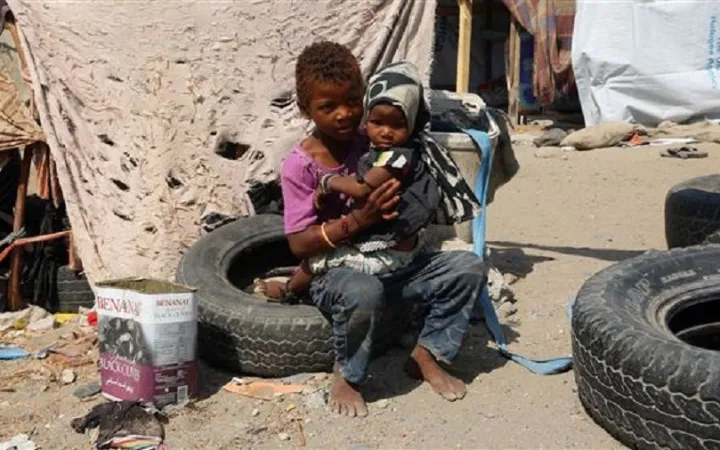
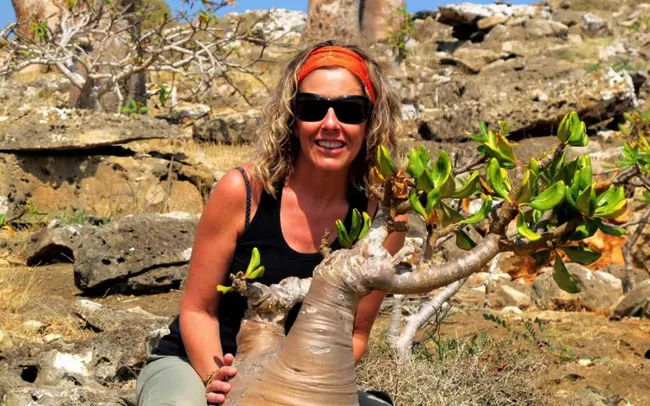
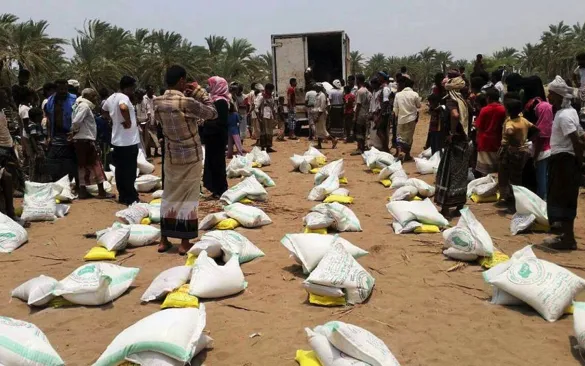


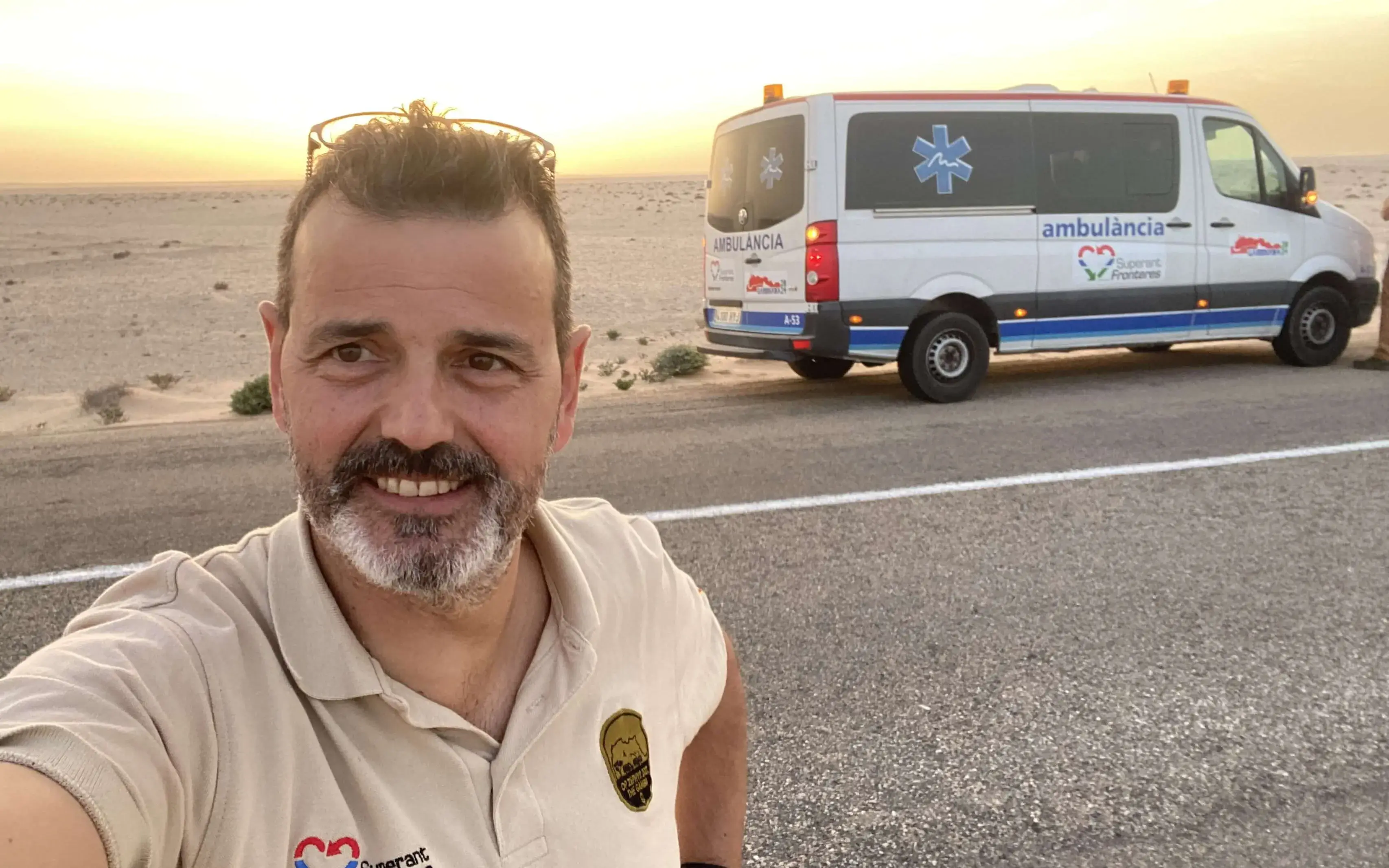

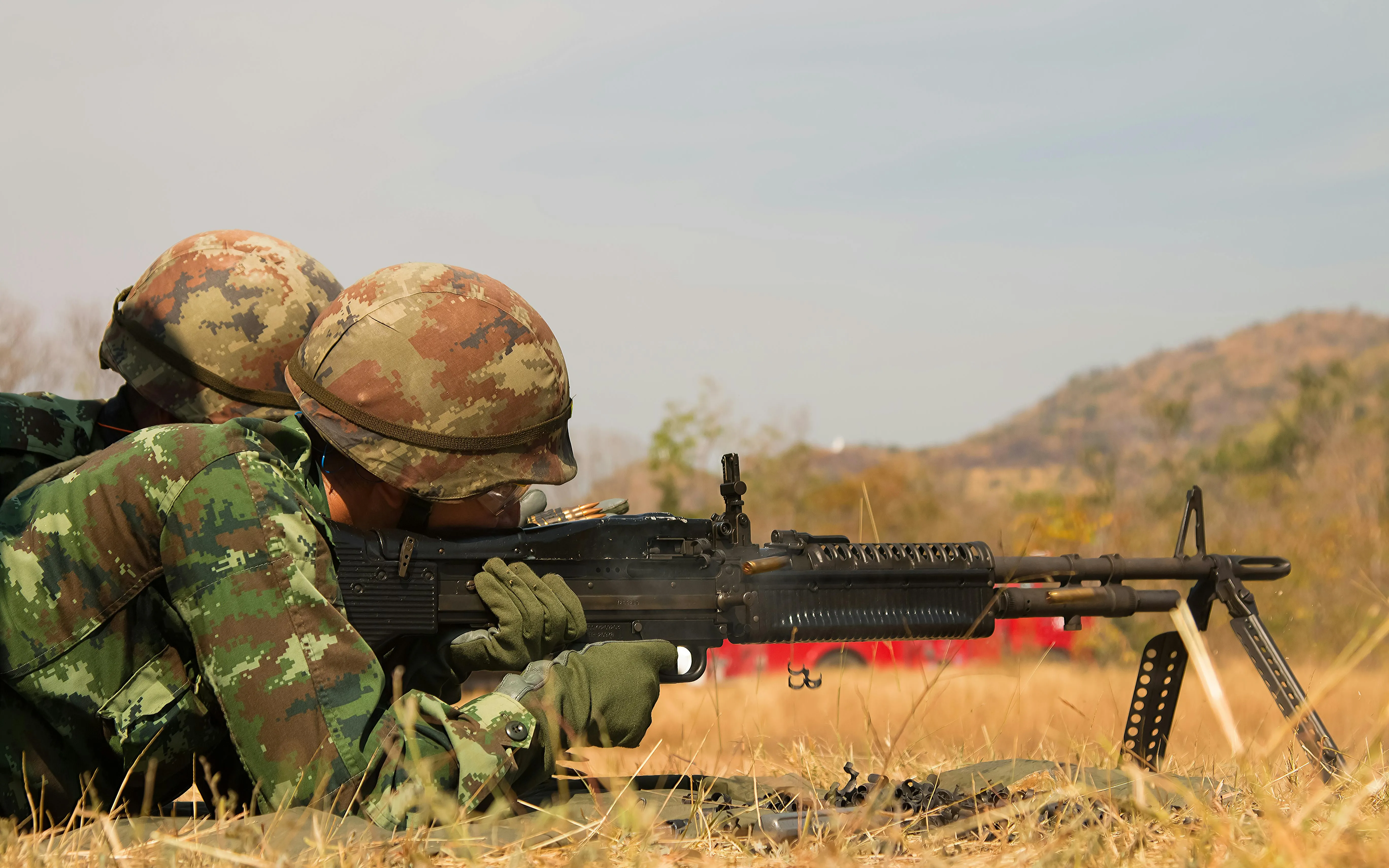
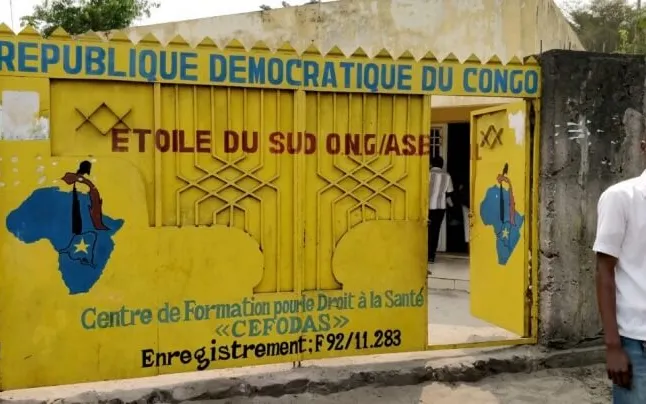
Add new comment